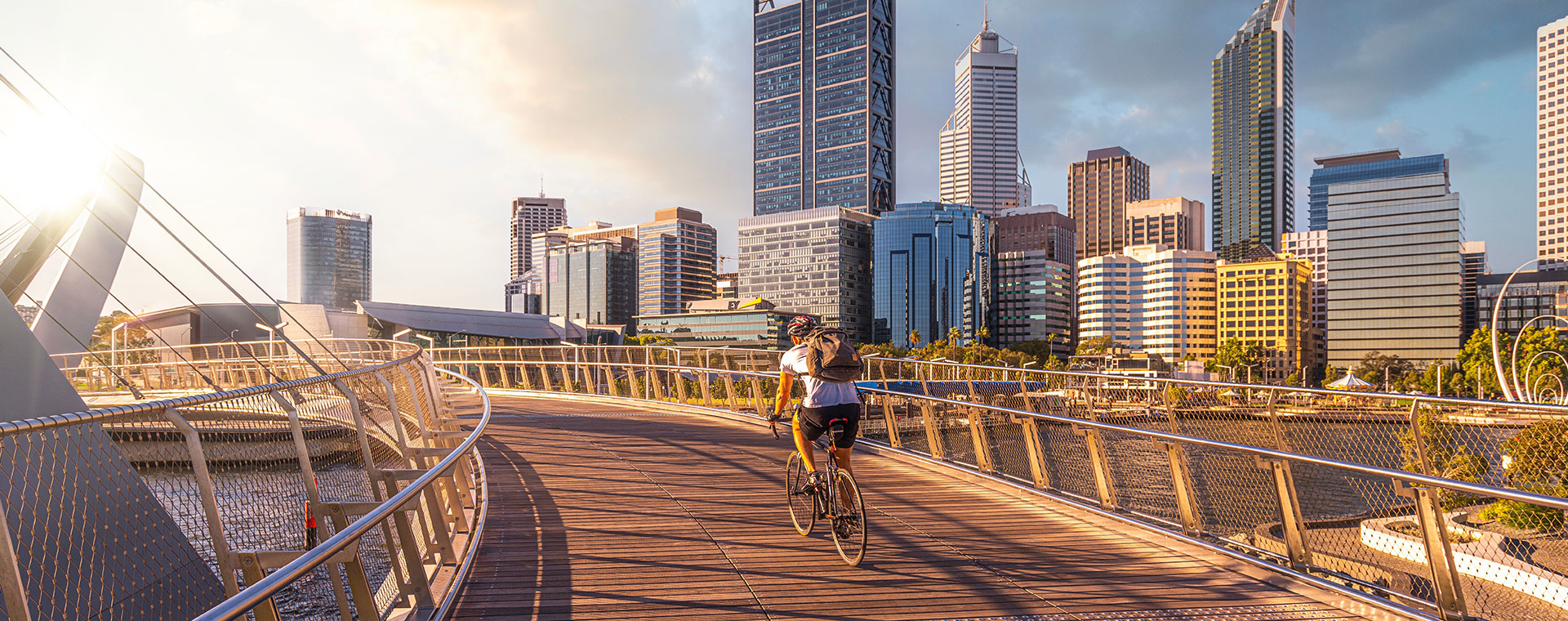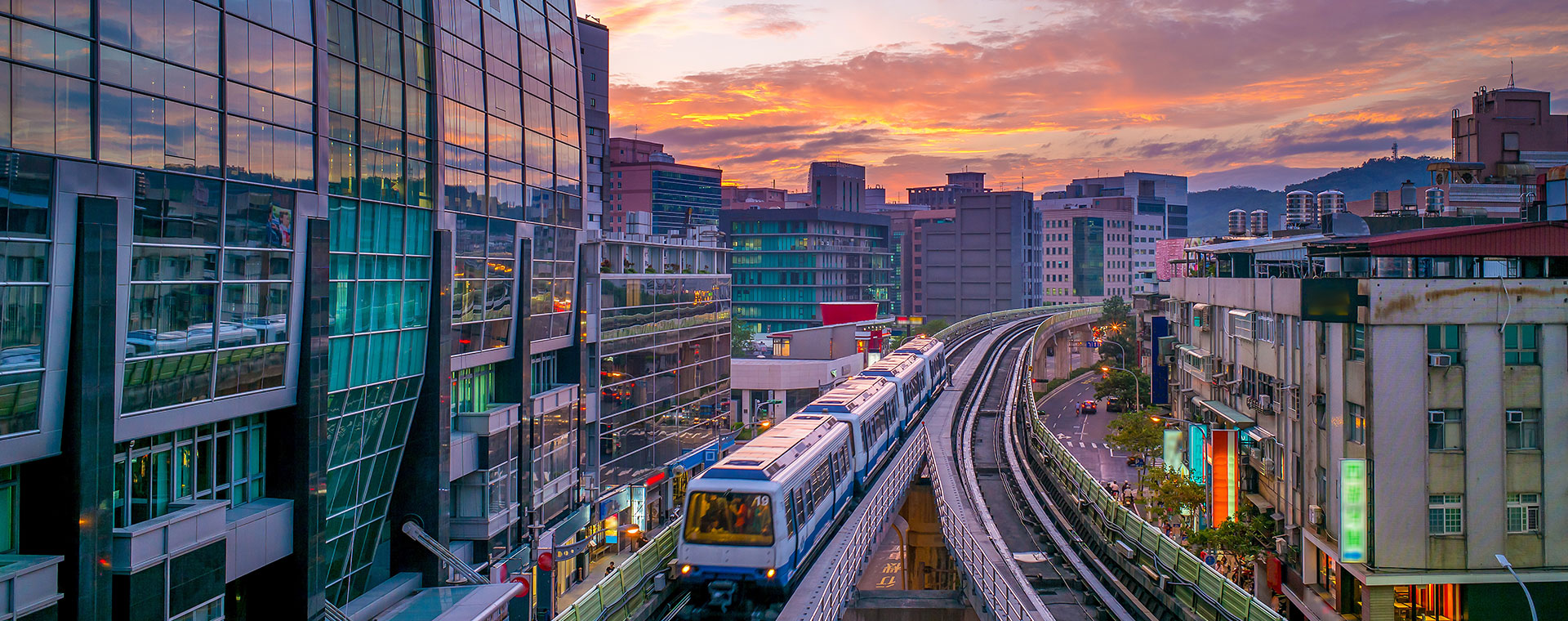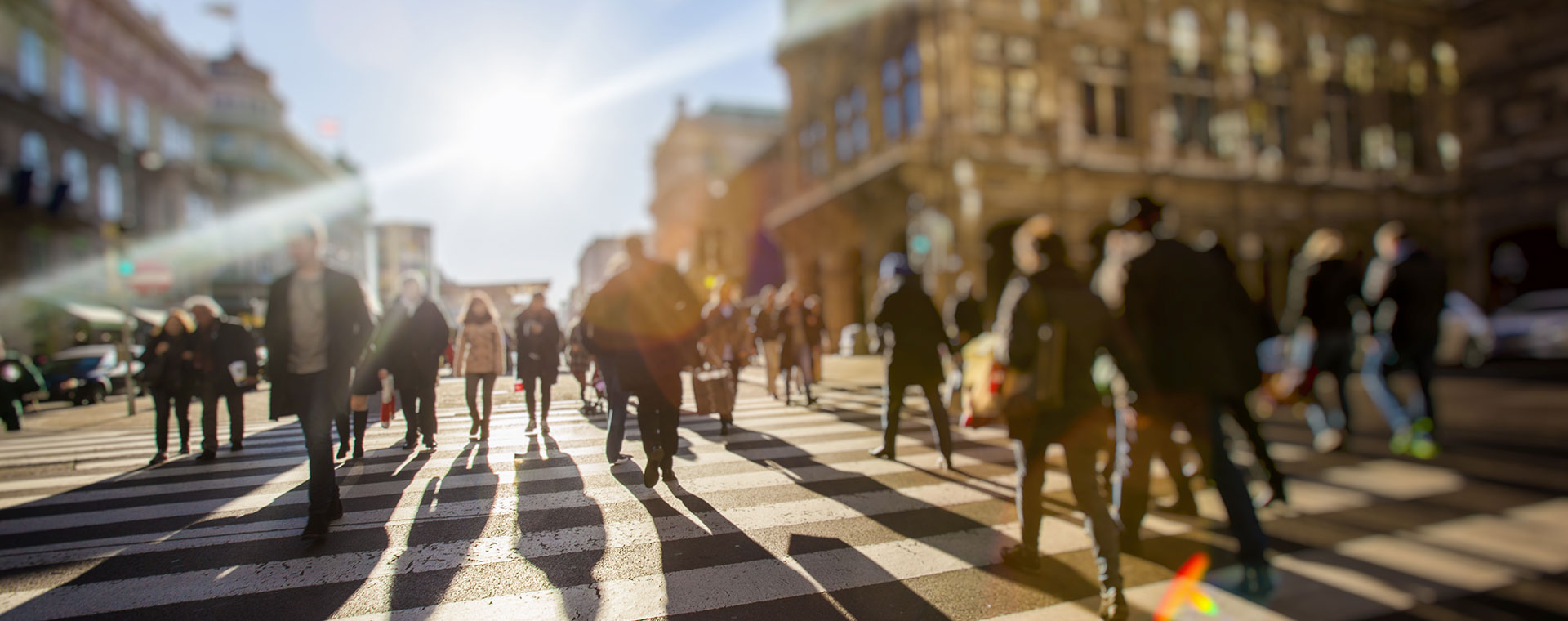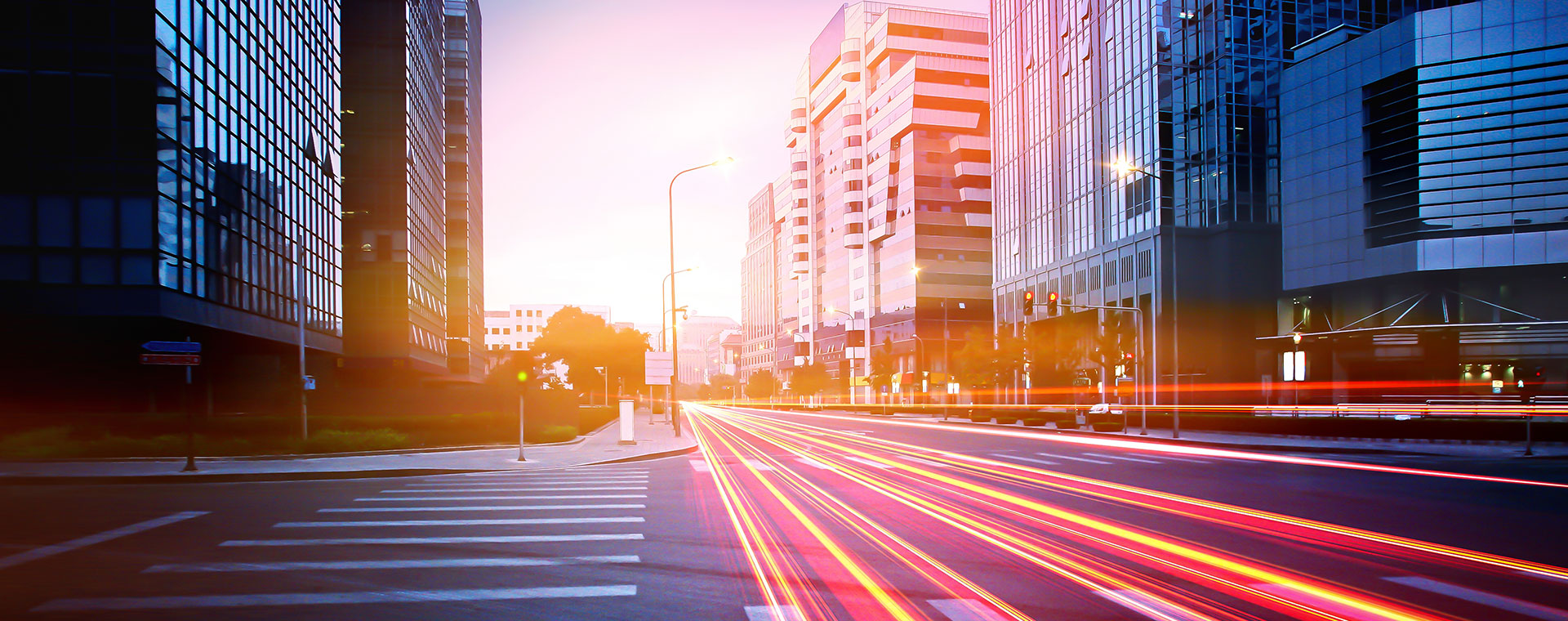Interview
Climate
Why is climate adaptation a crucial issue?
-
Ronan Dantec
Senator in the French Senate

Why is climate adaptation a crucial issue?
We're facing more and more extreme events: it's hotter in summer, it rains more often... Our daily lives are changing. Now we have to organize our lifestyles, our public decisions and our investments to take all this into account. Hence the major challenge of having an in-depth debate. We're only at the beginning, but we need a trajectory that takes climate change into account.
Where we are today in our climate adaptation trajectory?
I think that France has taken on a strong responsibility by adopting a reference trajectory that is no longer a set of scenarios. Since the issue of climate change has been on the table, we've tended to debate different scenarios: the least catastrophic at around 1.5 degrees, the most catastrophic at 6/7 degrees of global temperature rise. The +4 degrees in France represents +3 degrees worldwide. This is a lucid trajectory, since it corresponds broadly to the commitments made by governments today. Knowing the inertia of the major economies in China, Europe and the United States, we're still going to reach +3 degrees. Even if we increase our efforts to reduce greenhouse gas emissions, +2 degrees is unattainable today.
We therefore need to take +3 degrees at global level, which means roughly +4 degrees at French level on a reference trajectory on which public authorities are organizing themselves. Taking social protection as an example, at what temperature are people not allowed to work outside? This will affect the building trades and farming. Without a trajectory, there can be no adaptation. If we continue to discuss different scenarios, without really knowing which one to take, there will be no adaptation. France has taken a giant step forward by deciding, in the PNACC-3 (National Program for Adaptation to Climate Change), to set French society in motion to rise to this challenge.
What role for mobility in climate adaptation?
Like all other stakeholders, the mobility sector must ask itself what all the consequences of this +4 degrees will be. We're only just beginning to think about this, but we can see the risk of service interruptions due to extreme events, for which plans are needed to maintain mobility services after storms or floods, while taking passenger comfort into account. It can't be too hot in the metro, for example, or people will go back to their cars because of the lack of comfort on public transport.
There are both technical and social issues, and the aim is to find the right level of investment to ensure that public transport remains accessible to all.
-
 Interview
Design
Interview
Design
Quel rapport entre architecture et mobilité pour nos villes ?
Madeleine Masse, Fondatrice et Présidente Atelier Soil
-
 Interview
Design
Interview
Design
Comment les individus peuvent-ils améliorer leur environnement urbain ?
Zeina Nazer, Co-fondatrice de Cities Forum et vice-présidente de ITS UK Road User Charging Forum
-
 Insights
Design
Insights
Design
Mobilités de demain et design urbain : quelles interactions et quelles interventions des citoyens ?
Edith Maruéjouls, Fondatrice du bureau d'études L'ARObE
Une ville qui pense la question de l’inclusivité, c'est une ville qui réfléchit au statut des femmes et à l'espace “du dehors” -
 Interview
Design
Interview
Design
Pourquoi l’aménagement urbain est une problématique clé de la mobilité
Boutaïna Araki, Présidente Clear Channel France
-
 Insights
Voiture
Insights
Voiture
Faut-il bannir les automobiles en ville ?
Brian Caulfield, Professeur en transport et directeur de département au Trinity College de Dublin, Expert auprès de l'Autorité nationale des transports (Irlande)
Les voitures n’auront pas leur place dans les villes de demain


